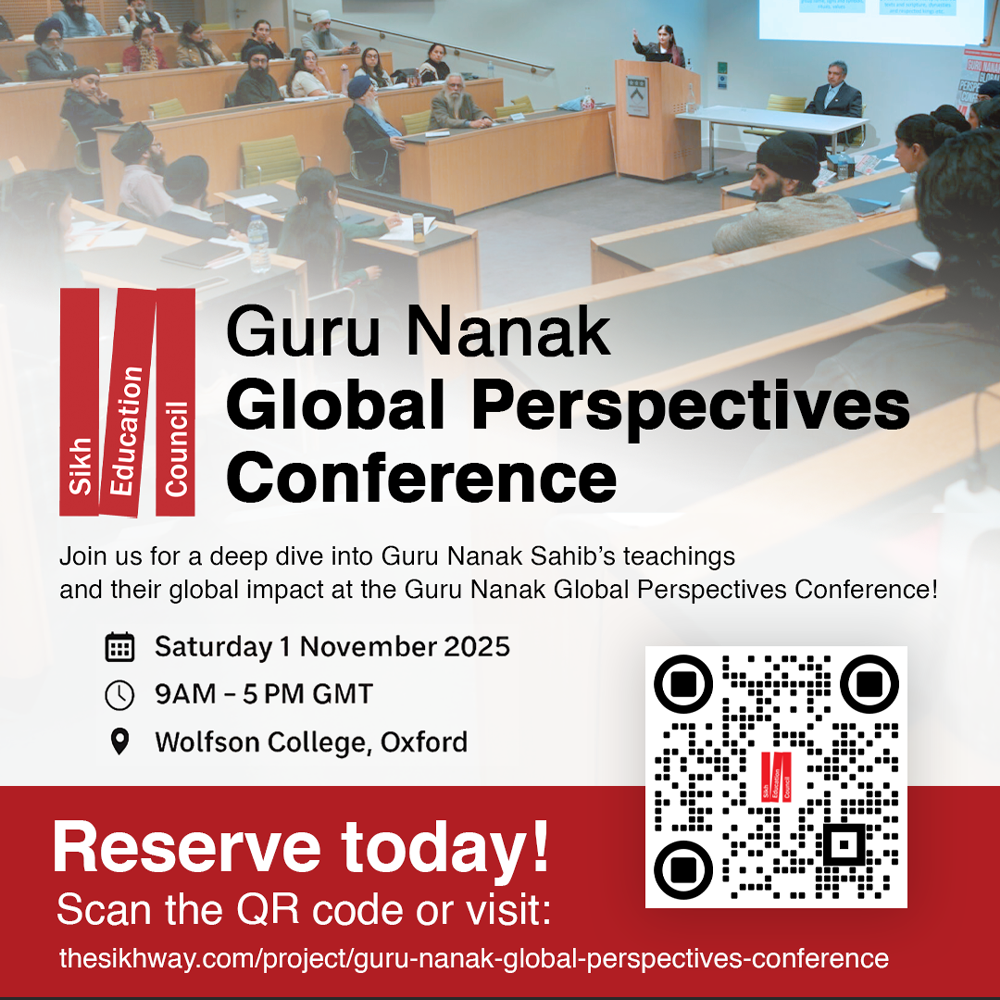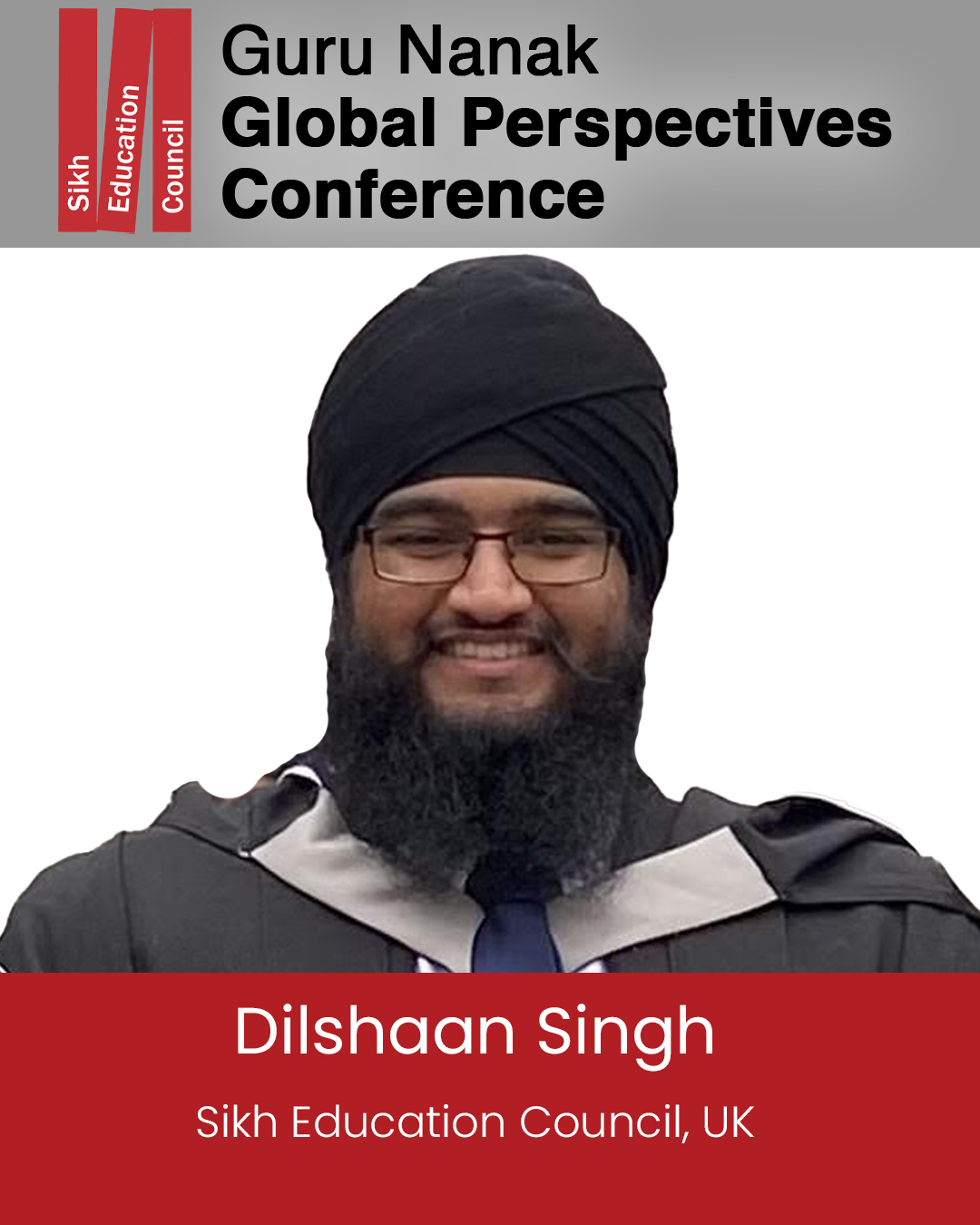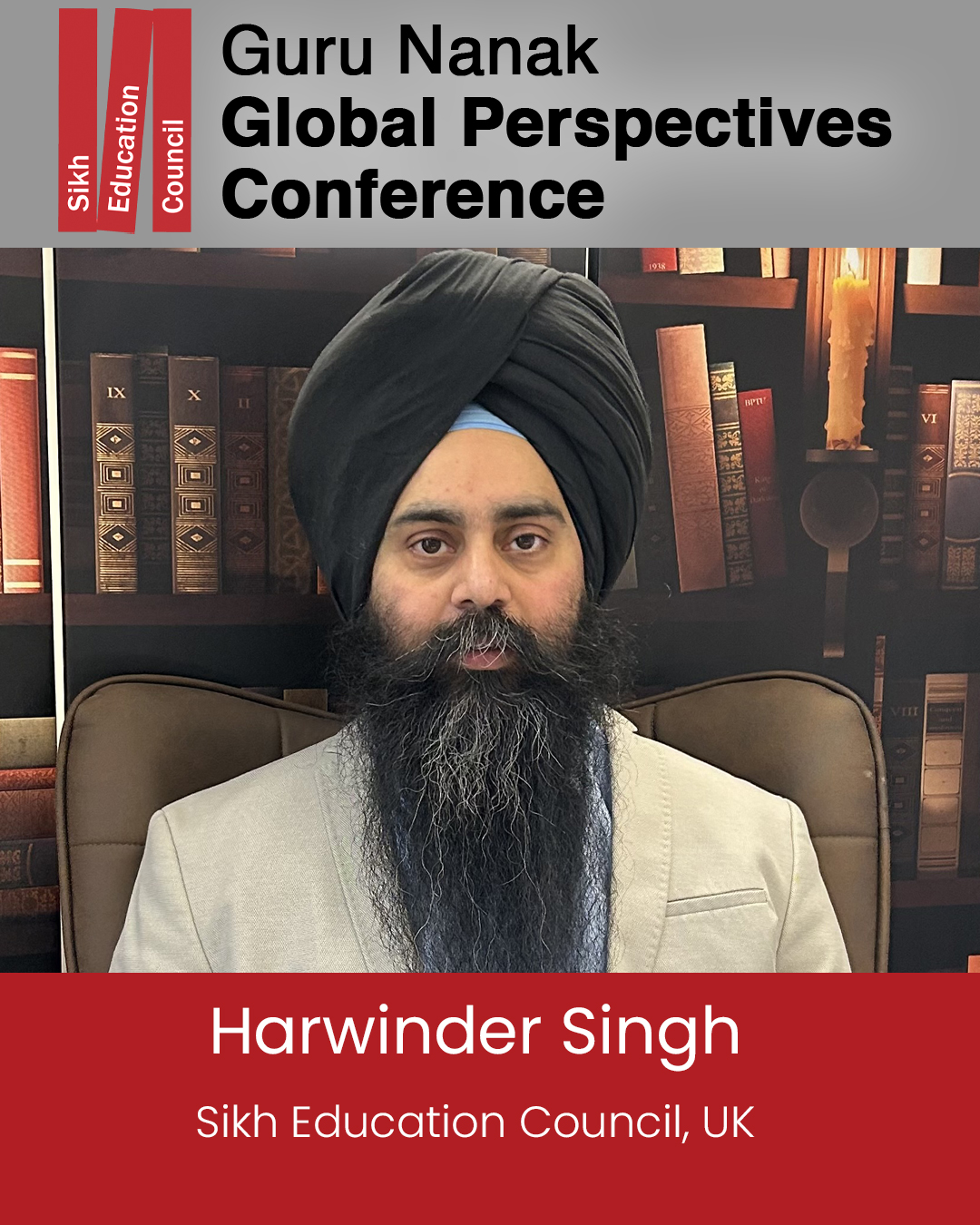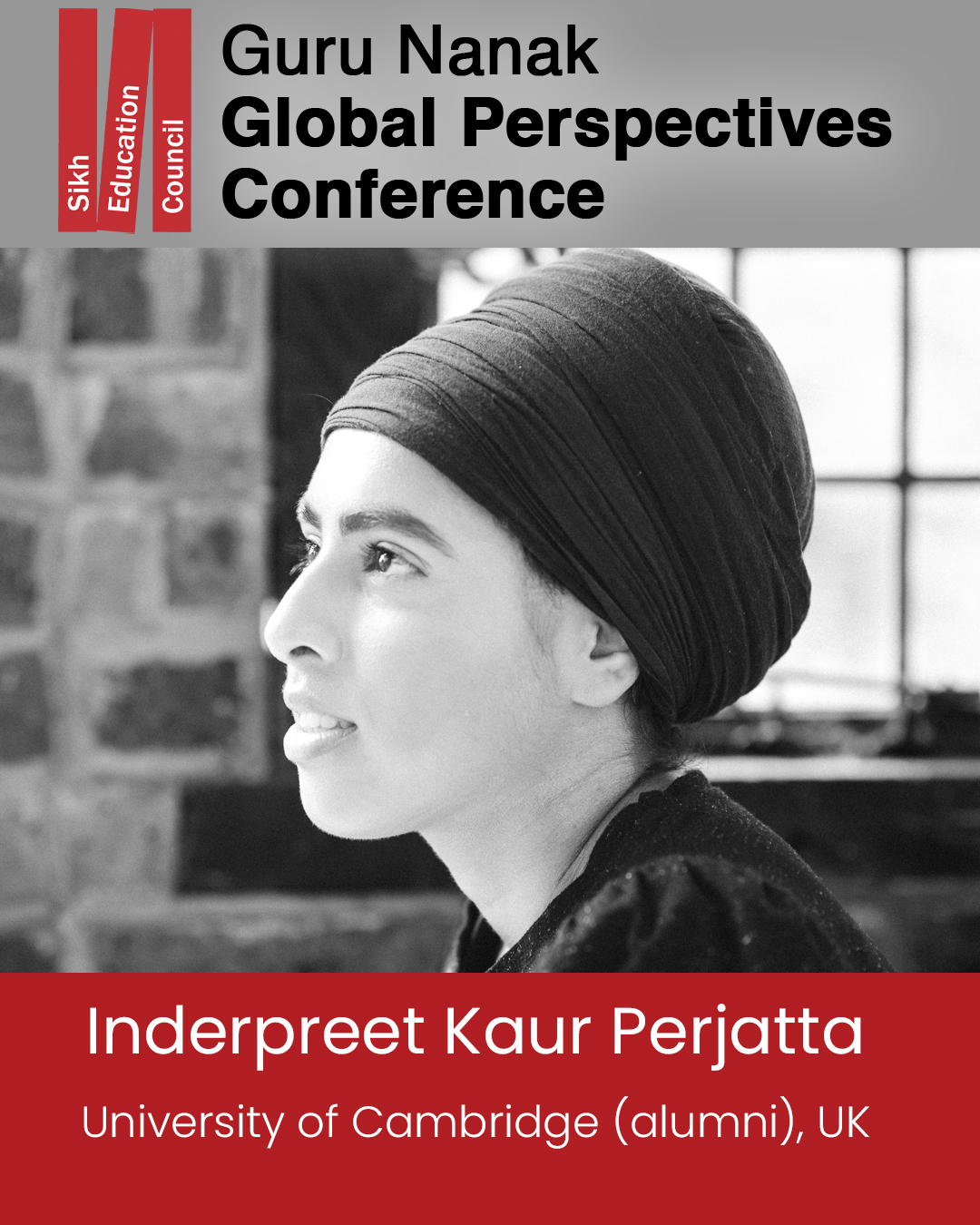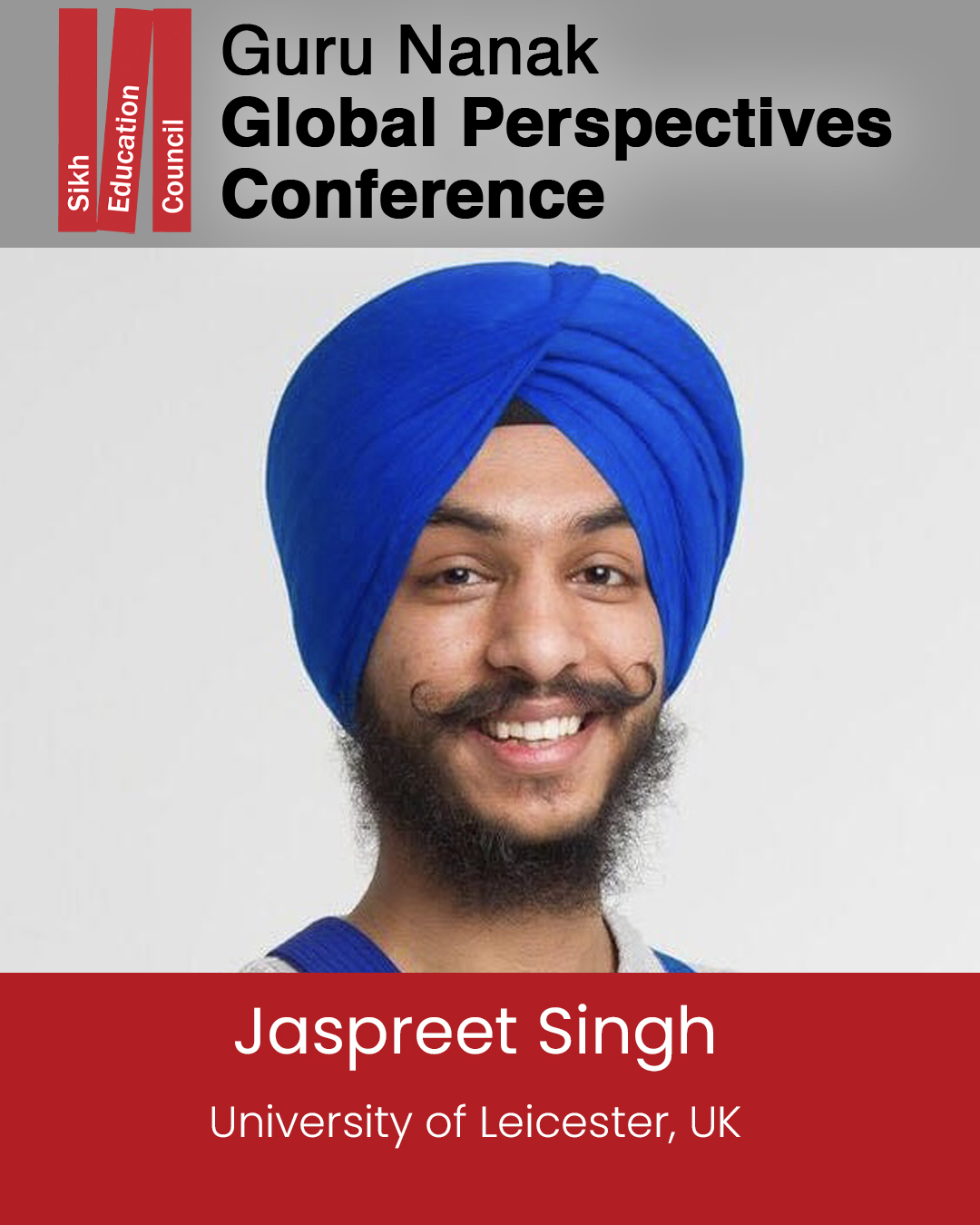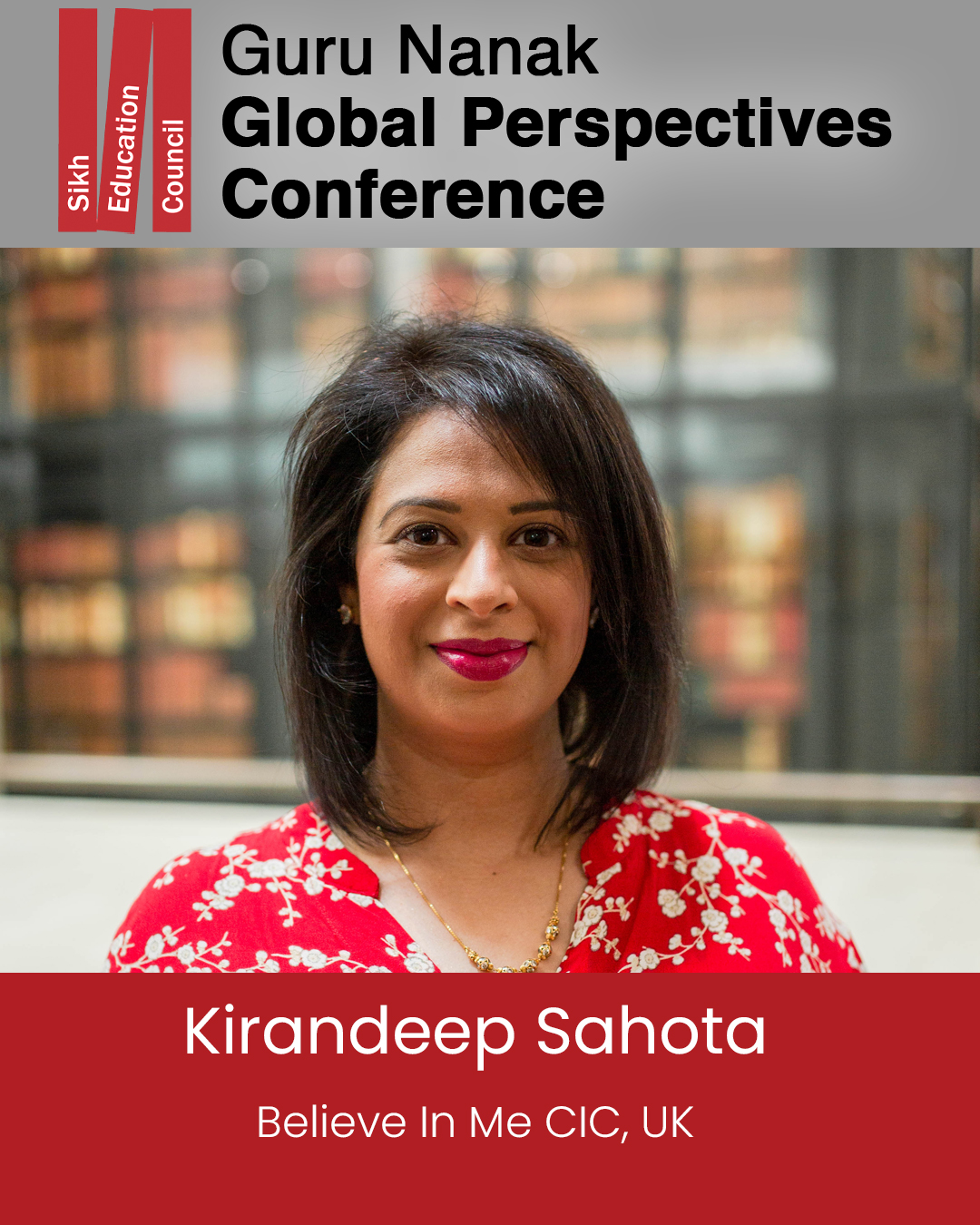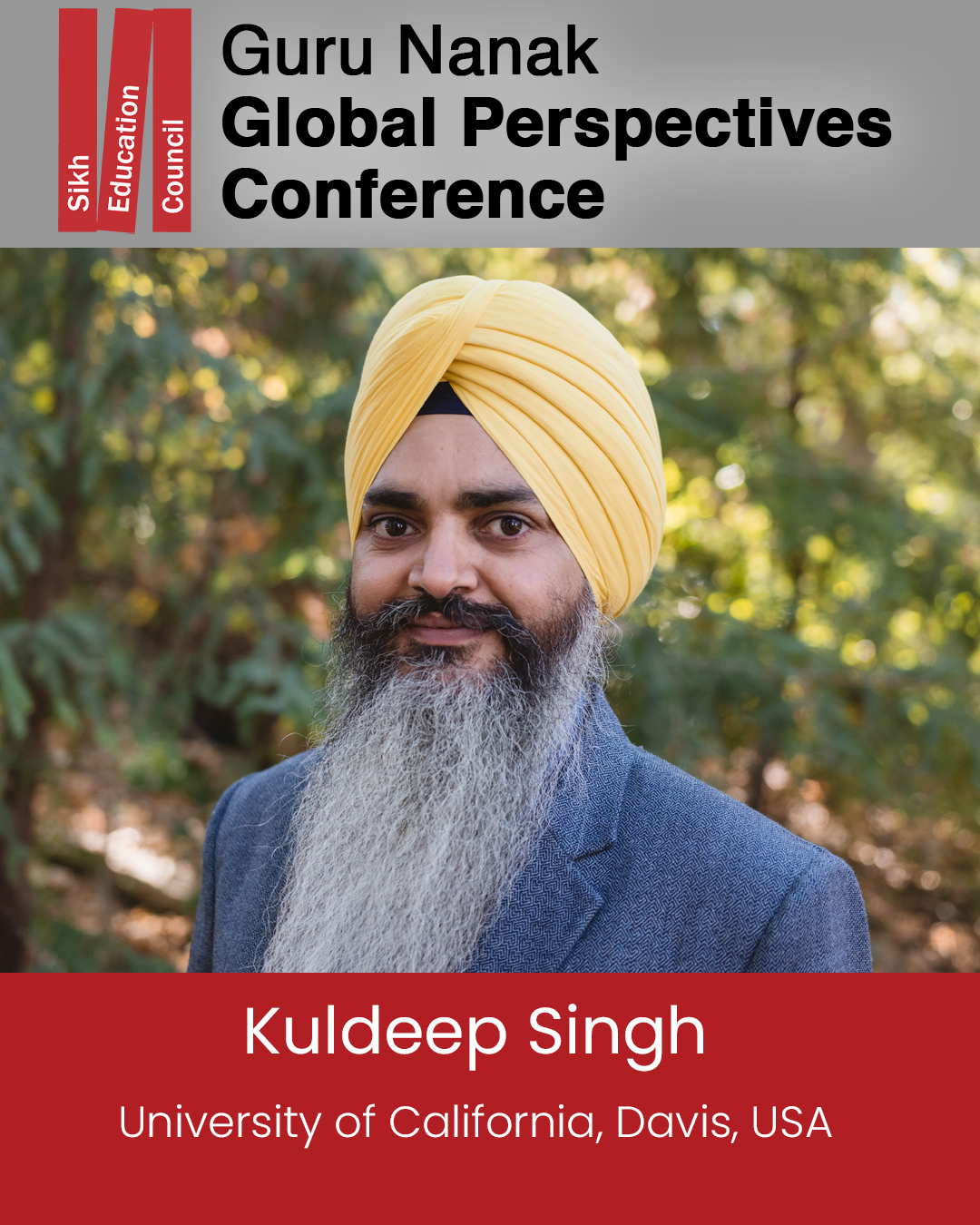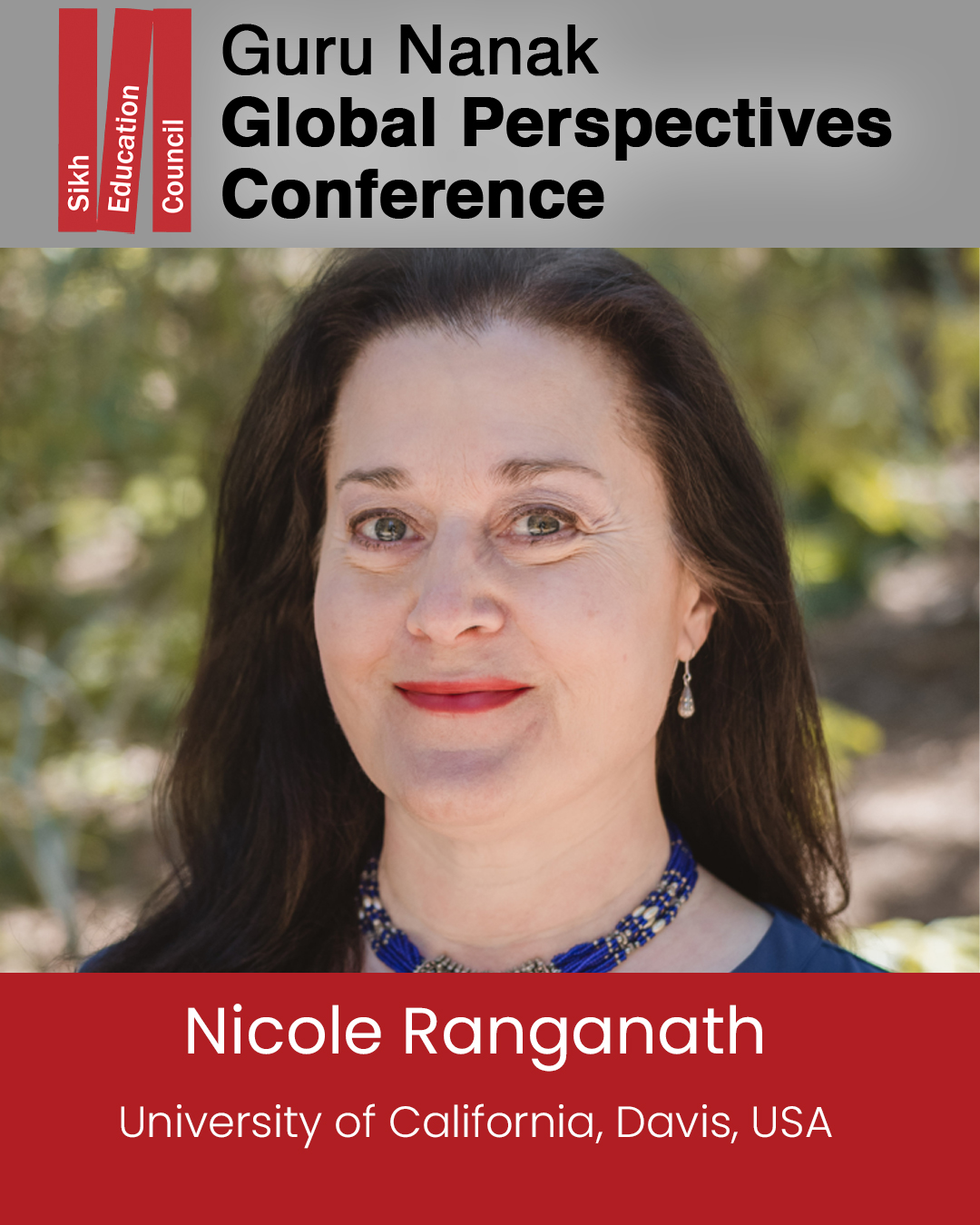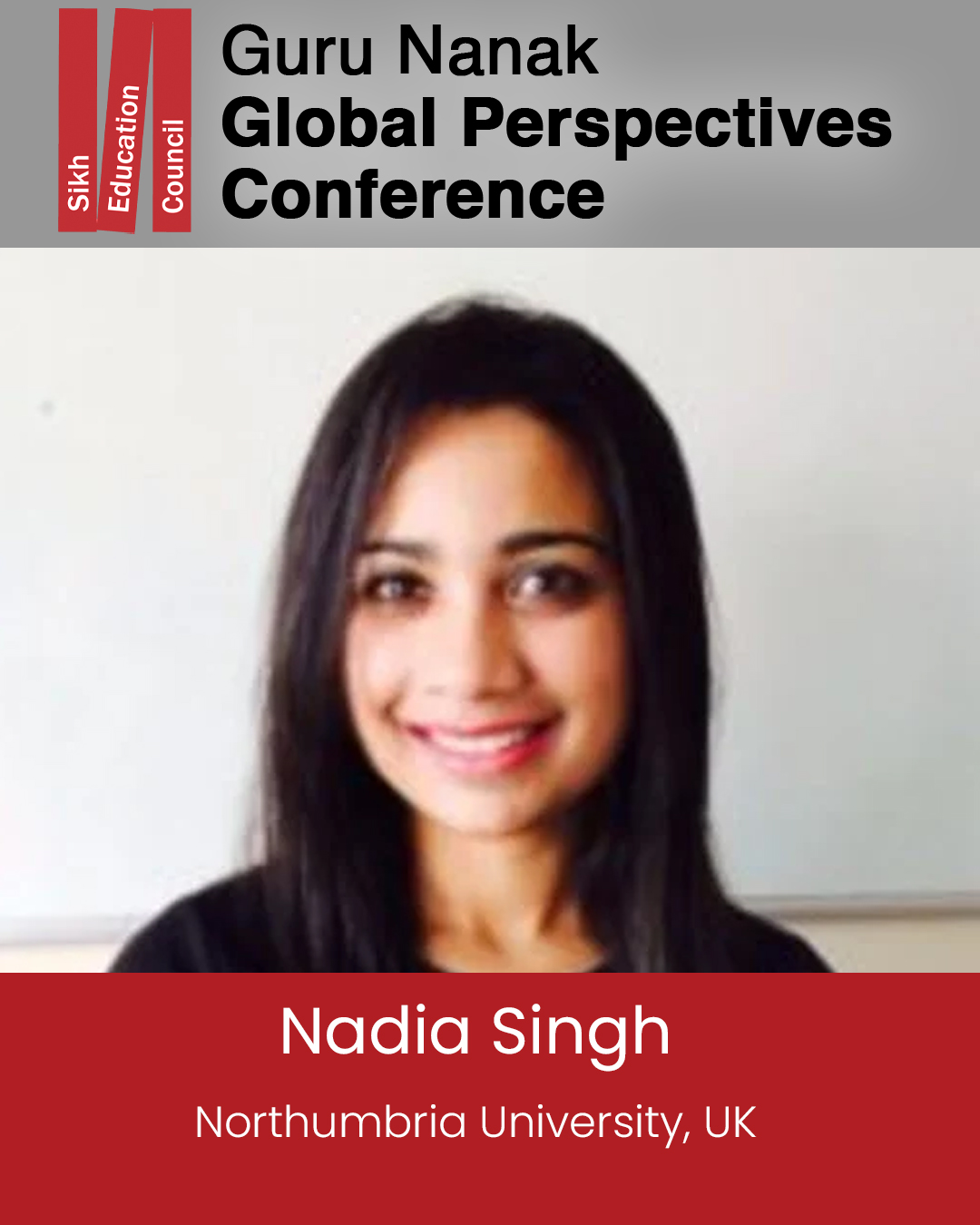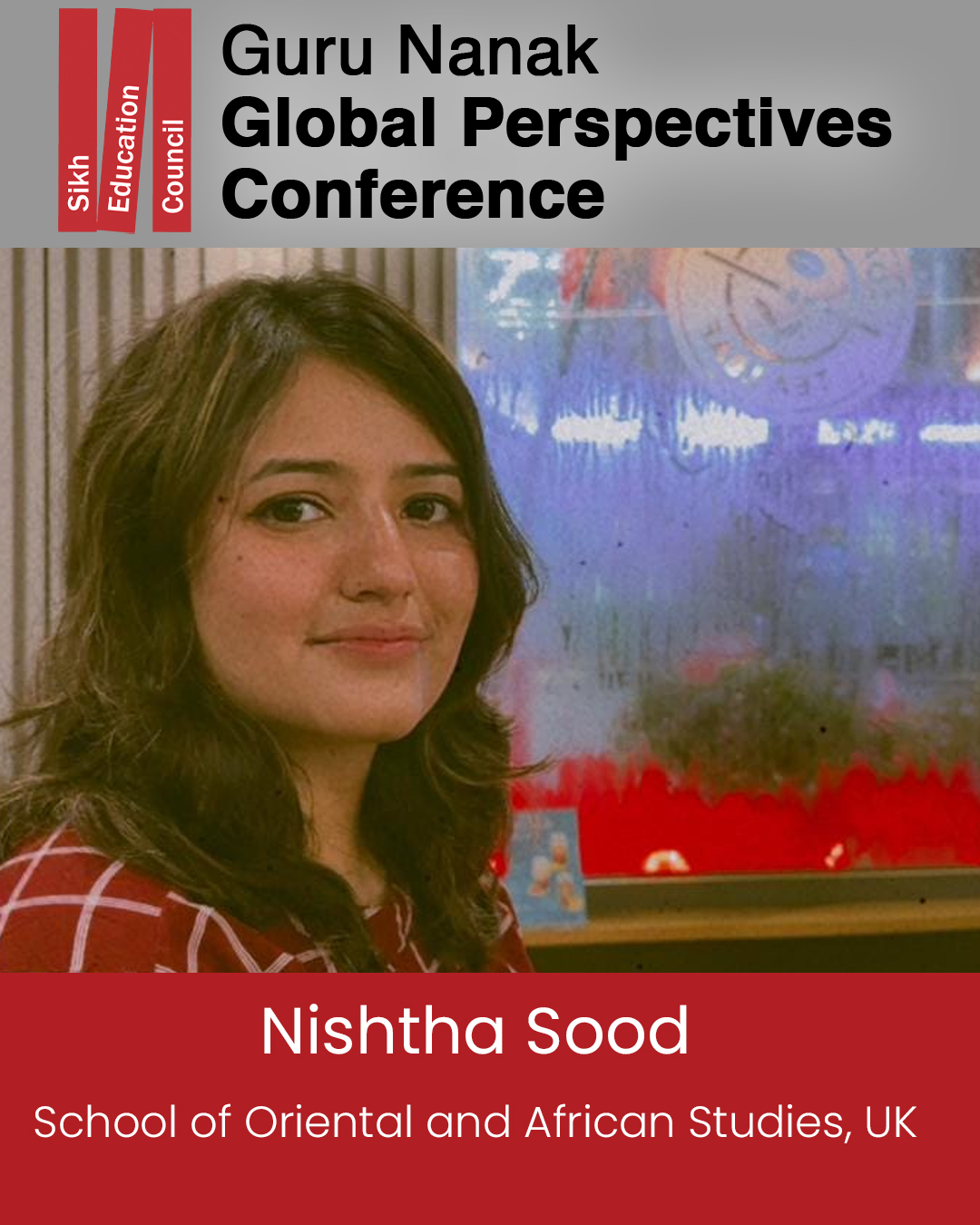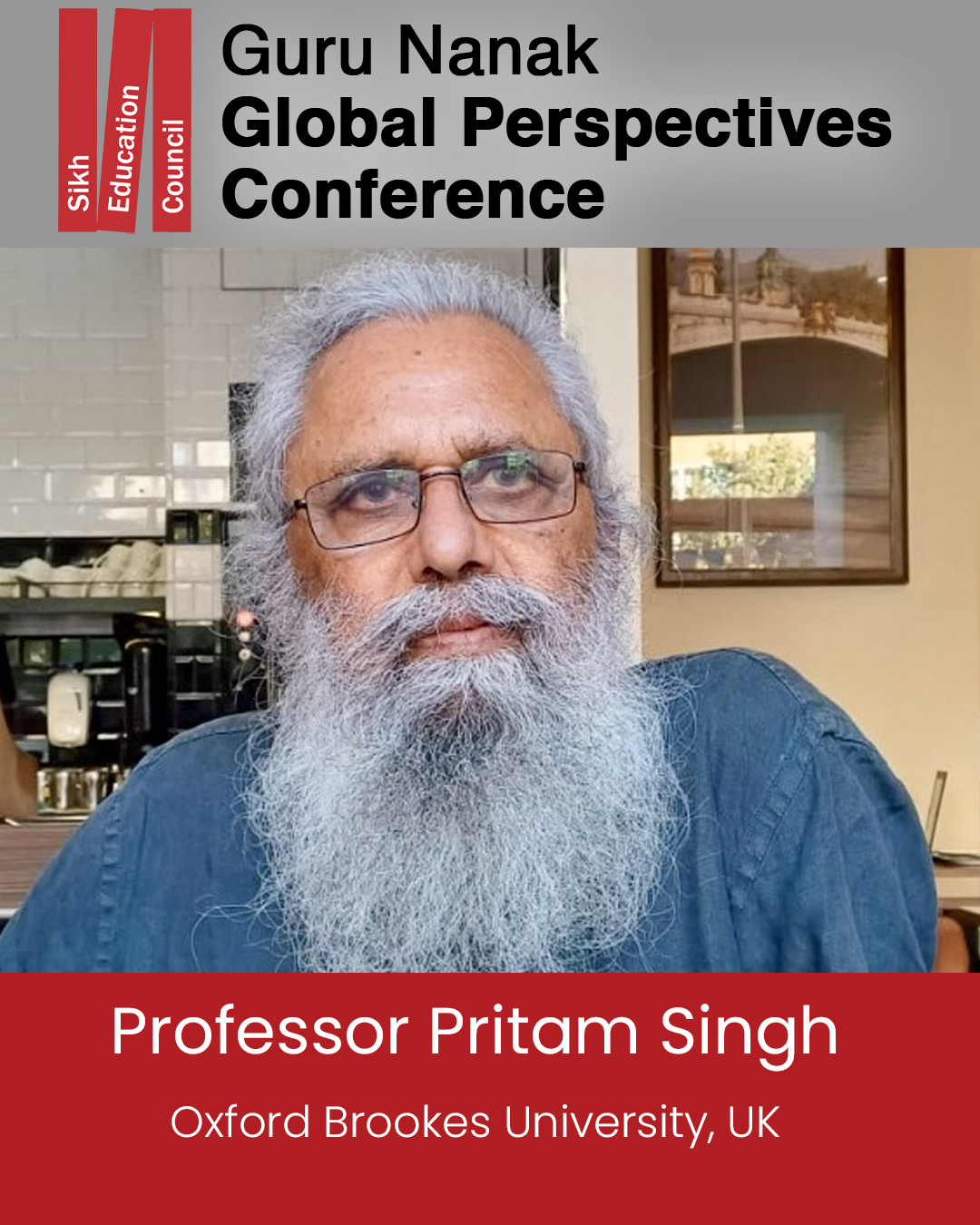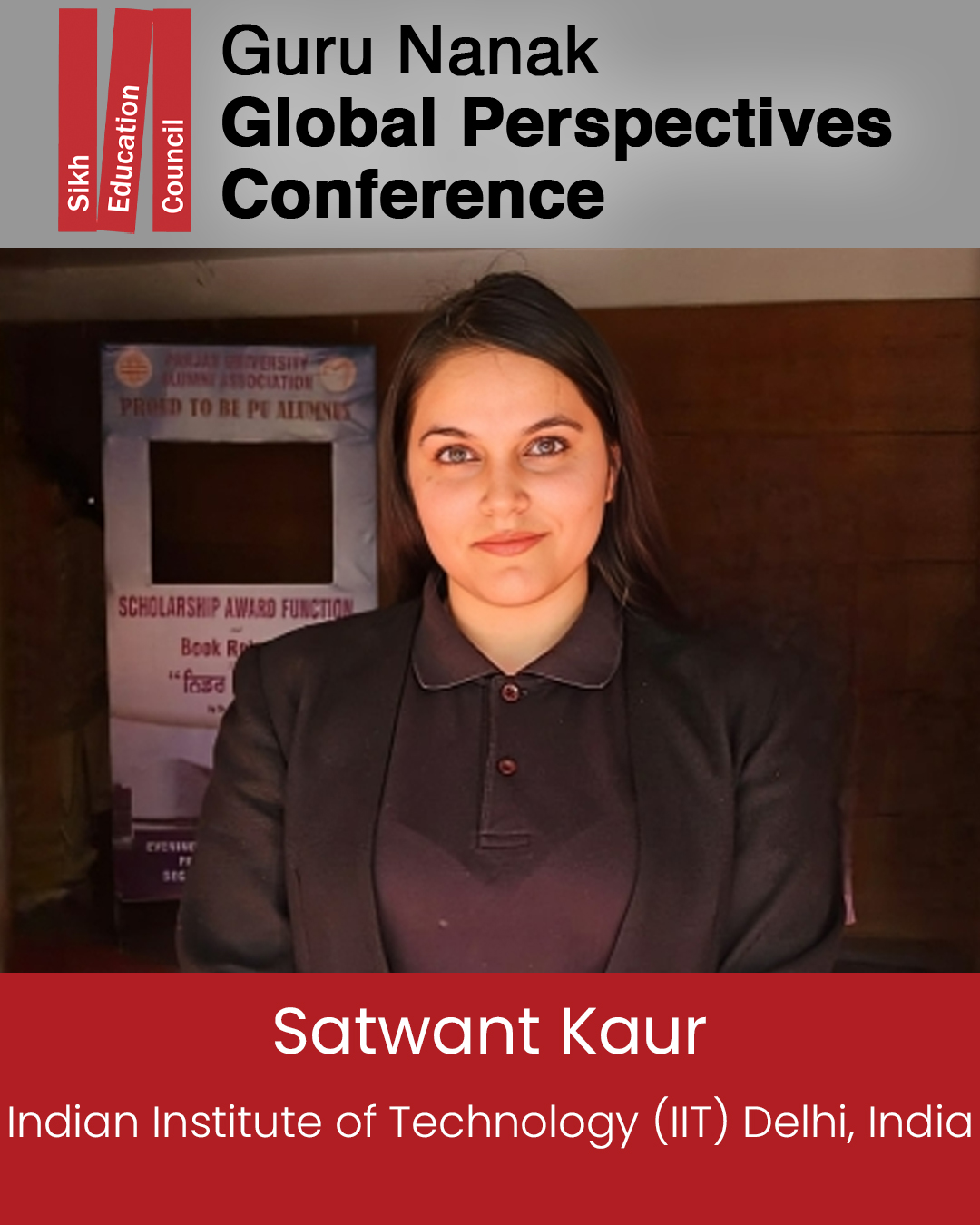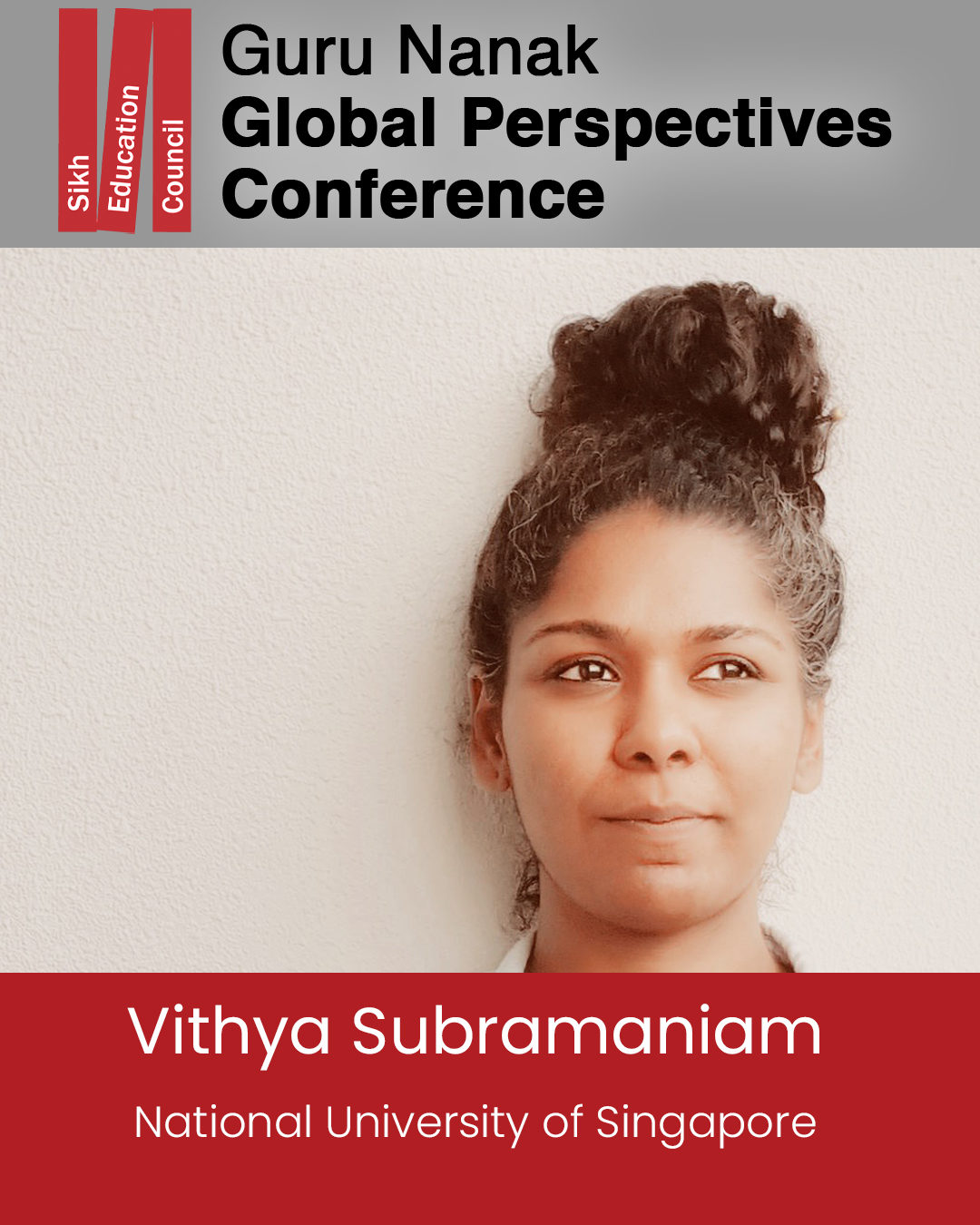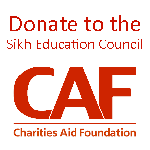The Sikh Education Council is pleased to announce the second annual Guru Nanak Global Perspectives Conference, dedicated to exploring the multifaceted dimensions of Sikhi through various lenses such as economics, legal studies, and Sikh politics and history. This conference aims to foster a rich dialogue among scholars, practitioners, and students worldwide, offering a platform to present innovative research and engage in meaningful discussions.
Taking place in Oxford on Saturday 1 November, 2025, this conference aims to highlight the global significance of Sikhi and its contributions to various aspects of society. Participants will have the opportunity to engage with esteemed peers, share their research, and gain insights into the evolving role of Sikh traditions in a global context.
Tickets are available now at our Eventbrite page: eventbrite.co.uk/e/guru-nanak-global-perspectives-conference-tickets-1504647815119
Discounted tickets are available to SEC volunteers and students past or present of the Sikh Studies course (Y. 1) – message us via SMS or WhatsApp on +447404724677 for the relevant code.
Key themes of the Conference:
- Economics: Analyses of Sikh principles and their application in contemporary economies, the role of Sikhi in promoting economic justice, and the model of economics from a Sikh perspective.
- Legal Studies: Examination of Sikh legal traditions, the influence of Sikhi on modern legal systems or its potential, and legal challenges faced by Sikh communities worldwide.
- Politics & History: Investigations into the historical political movements within Sikhi, contemporary political issues in the Sikh world, and the historical evolution of Sikh political thought.
For additional inquiries, please contact: Dr Jaskiran Kaur.
